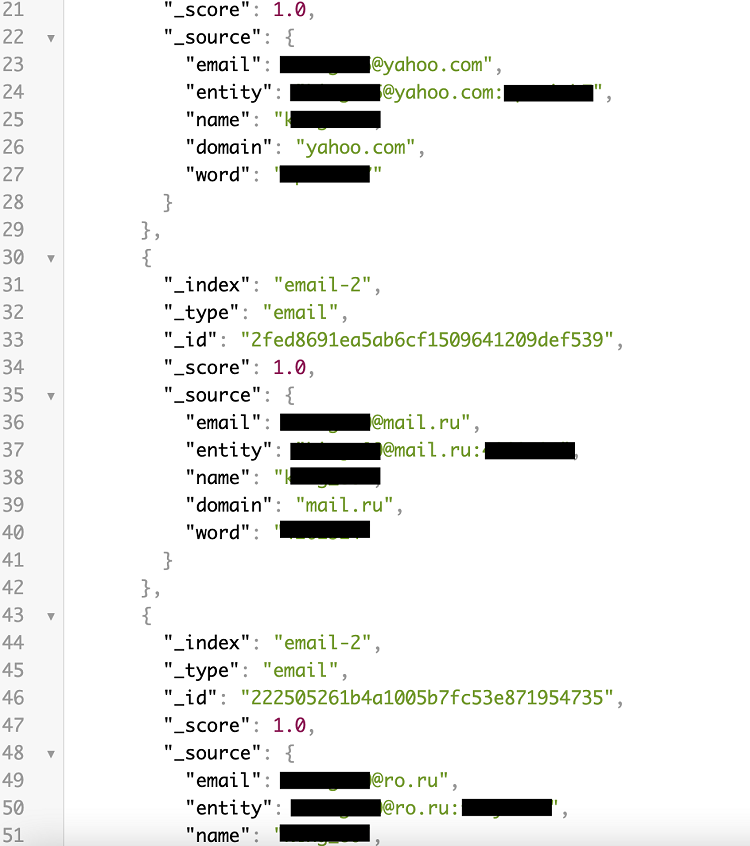The leaked data, including email and password pairs, provides cybercriminals with almost limitless attack capabilities, making affected users vulnerable to targeted phishing campaigns.
The ALPHV ransomware group, also known as the BlackCat hacker collective, has recently targeted three new victims in their cyberattacks. The group has demonstrated adaptability and employed advanced technical methods in their attacks.
“Smishing Triad” is leveraging compromised Apple iCloud accounts and illegally obtained databases containing personally identifiable information (PII) to carry out their attacks.
The stolen data includes names, addresses, health card numbers, and clinical information related to fertility, pregnancy, newborn, and child healthcare, with potential impacts on individuals from January 2010 to May 2023.
The flaw, CVE-2023-32315, allows attackers to bypass authentication and create new admin accounts, enabling them to install malicious Java plugins and execute arbitrary code on compromised servers.
The attack started on September 18, and officials immediately took steps to isolate and shut down affected systems. The Ministry of Finance assured that payment and payroll systems were on a separate network and that workers would be paid.
Through the acquisition, Stratascale professionals and their customers gain visibility of attack vectors and points of vulnerability, enhancing Stratascale’s ability to deliver proactive cybersecurity services.
ShadowSyndicate is believed to be an initial access broker (IAB) or an affiliate working with multiple ransomware operations, including Quantum, Nokoyawa, BlackCat/ALPHV, Clop, Royal, Cactus, and Play, based on evidence found by researchers.
The Royal ransomware group infiltrated Dallas’ systems, surveilled and exfiltrated data for a month before launching a ransomware attack, causing widespread disruption to critical city services.
SentinelOne found the Sandman APT group targeting telecommunications companies in the Middle East, Western Europe, and South Asia using a novel backdoor called LuaDream. The researchers noted that the campaign began in August and demonstrates advanced tactics. With this, the Middle East is once again under cyberespionage scrutiny.









